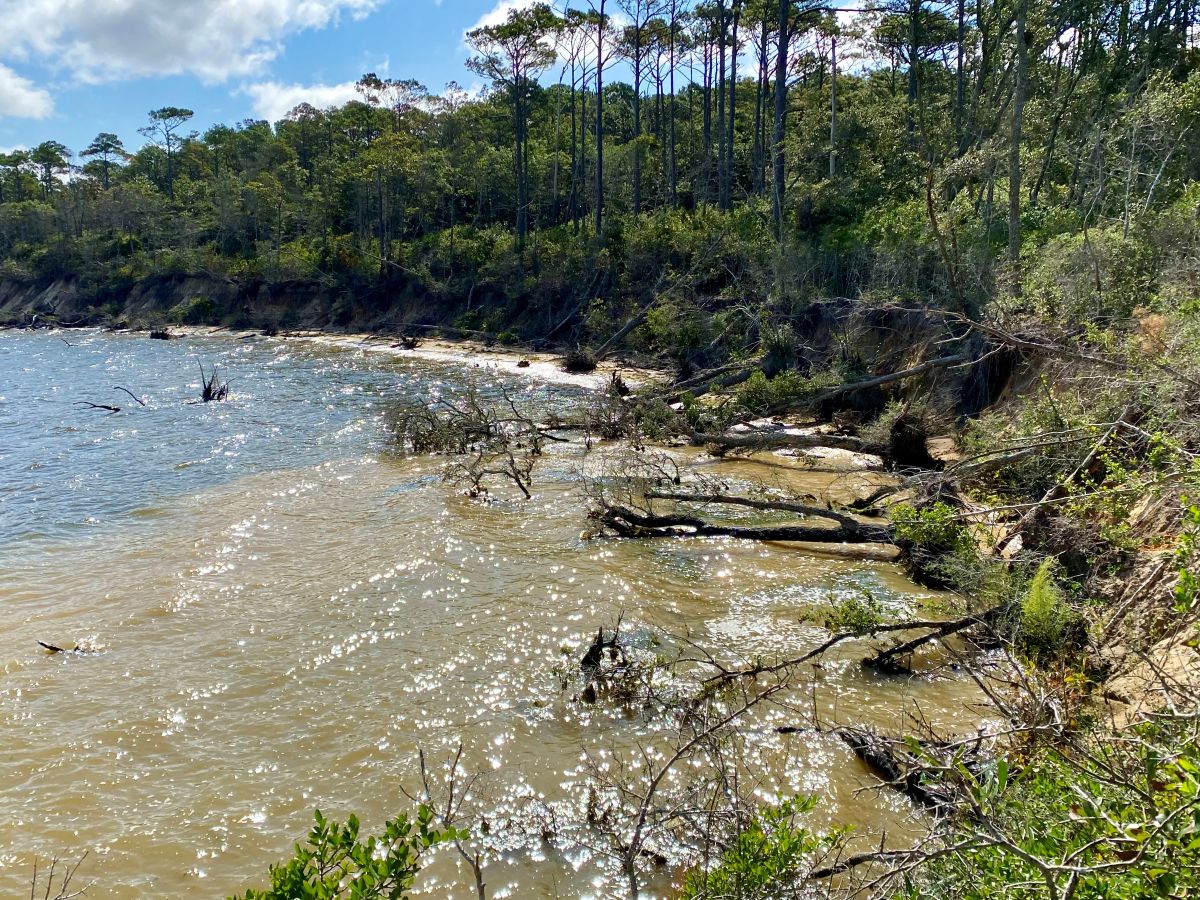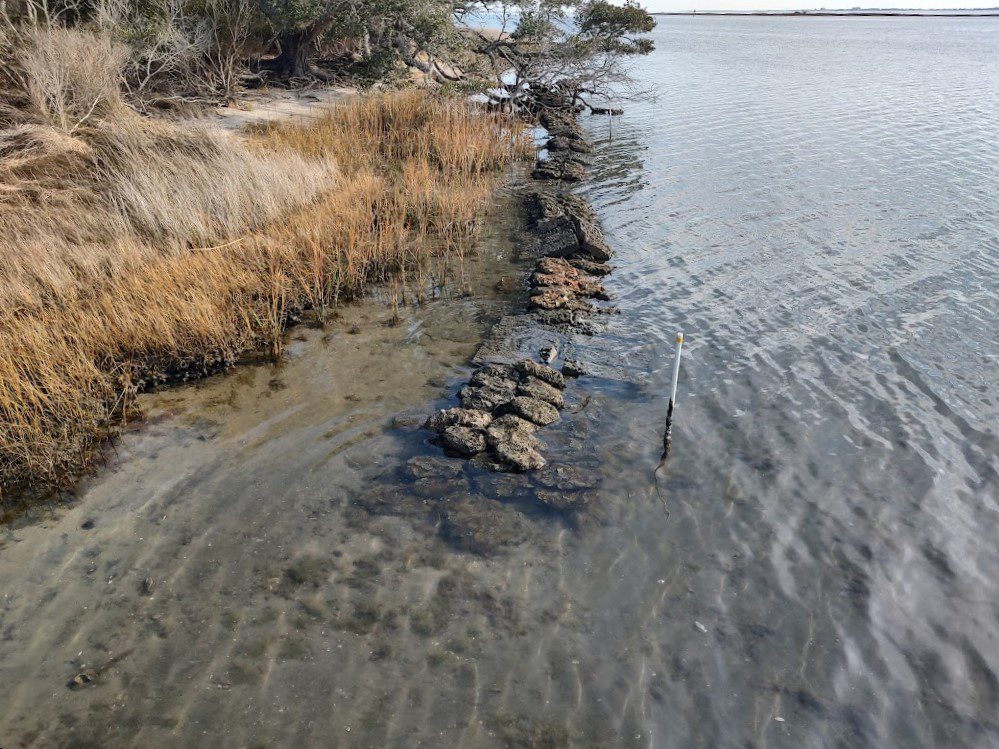
A judge has dismissed a lawsuit that would have forced Chemours to pay for health studies on dozens of chemical compounds manufactured at its Fayetteville plant.
Chief U.S. District Judge Richard Myers II on Friday released his decision to dismiss the suit, ruling that the U.S. Environmental Protection Agency granted a petition to the organizations requesting testing on 54 per- and polyfluoroalkyl substances, or PFAS.
Supporter Spotlight
The core question before Myers was whether the organizations filed under Section 21 of the Toxic Substances Control Act, or TSCA, a single petition for all 54 substances or individual petitions for each substance within a single document.
Myers ruled that the court lacked the authority to review the EPA’s decision to grant the petition.
The EPA initially denied the Oct. 14, 2020, request from the Center for Environmental Health, Clean Cape Fear, Cape Fear River Watch, Democracy Green, NC Black Alliance and Toxic Free NC to require Chemours fund comprehensive health and environmental effects testing on PFAS.
The organizations in March 2021 asked EPA to reconsider its decision and grant the petition. The EPA received letters of support for the petition request from 120 nonprofit groups, nearly 50 scientists, the city of Wilmington, New Hanover County and Cape Fear Public Utility Authority. Several members of the North Carolina congressional delegation also wrote EPA Administrator Michael Regan supporting the petition.
The agency overturned its decision in late December 2021 and granted a petition to study the PFAS largely as a category of substances.
Supporter Spotlight
The organizations said the petition was effectively a denial because it refused to require testing for 47 of the 54 PFAS.
The groups argue the 54 PFAS meet TSCA testing criteria because little to no information about their health effects currently exist and that people and wildlife in the Cape Fear watershed are at higher risk because they are exposed to a combination of these chemicals through drinking water and air.
The Cape Fear River, a raw drinking water sources for tens of thousands of people, has been contaminated for decades by PFAS discharged from Chemours Fayetteville Works plant nestled off the river’s bank in Bladen County.
Researchers continue to scratch the surface of potential health effects these chemical compounds may pose to people and the environment. Studies on some of the substances – there are more than 10,000 PFAS – indicate effects on immune systems and increased risks for everything from certain types of cancer to low birth weight to heart attack and stroke.
In his ruling, Myers wrote the EPA, “reasonably construed the Plaintiffs’ petition as a single petition asking EPA to initiate proceedings to test 54 PFAS. EPA granted the petition to test those 54 substances as a category — PFAS — and has initiated testing on that category of substances.
“EPA has initiated proceedings to determine the rules and orders it will issue to test PFAS. The Plaintiffs cannot dictate the testing program, rules, or orders EPA must issue,” the judge ruled. “As such, their petition was granted, and EPA has initiated proceedings for the category of substances requested in the petition. Section 21 of the TSCA does not empower this court to review EPA’s grant of a petition. This court lacks jurisdiction.”
Clean Cape Fear released a statement after the ruling was released last week, saying that the dismissal “has created a dangerous precedent for future EPA administrations to publicly grant citizen TSCA petitions while internally failing to do the work requested. We are considering an appeal to this disappointing decision that serves no one but the chemical companies who continue to hold hostage our regulatory institutions at the expense of our health and wellbeing.”
On Monday, Clean Cape Fear co-founder Emily Donovan in a telephone interview said the EPA could have let the case play out in the courts rather than ask for a dismissal.
“That is really upsetting,” she said. “We haven’t been able to sit together and talk through this. One of the things we are considering is an appeal. I don’t know the time frame. It would have to be something that we decide on quickly.”
Cape Fear River Watch Executive Director Dana Sargent said she would “definitely like” for the organizations to appeal because there needs to be an epidemiological study in the Cape Fear region.
“Health studies are necessary,” she said. “This is one of the biggest questions we get. What is this stuff doing to us? There’s no way to answer it. We have to fight it. There’s nothing else we can do but fight it. I really wish the EPA would turn around and go, you know what, let’s stop this. For me, we’re wasting our time and our money on lawyers as is the EPA to fight for something that I think the EPA at its core knows is the right thing to do.”







